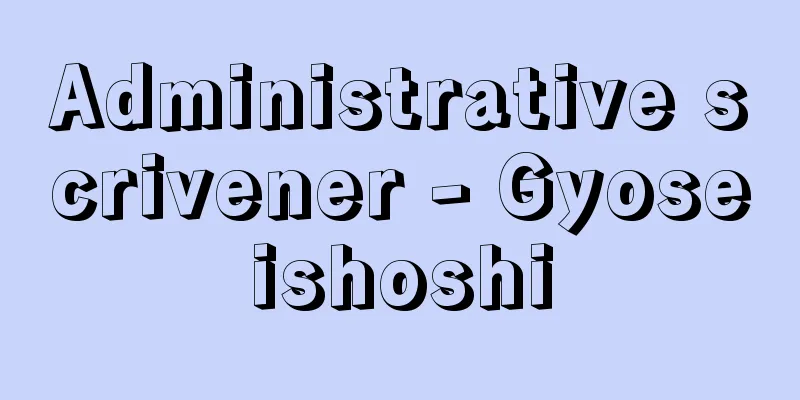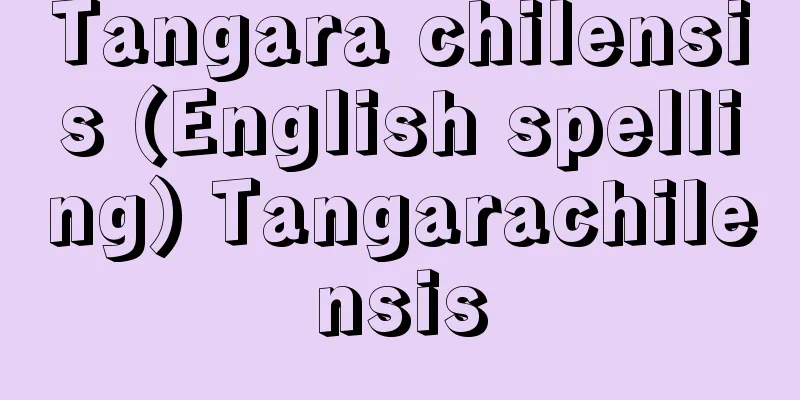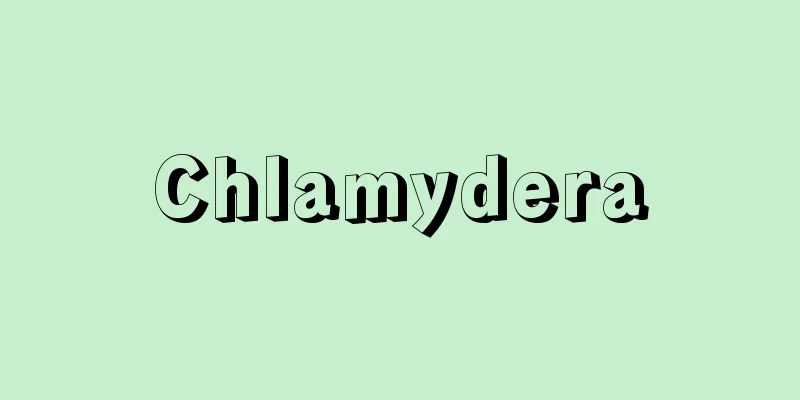Peng Dehuai - Peng Dehuai

|
Chinese soldier. Born in Xiangtan County, Hunan Province. Graduated from the Hunan Military Officers' Training School in 1923. Became a local army squad commander and then a regiment commander in the Northern Expedition Army. Joined the Chinese Communist Party in 1928. Led a rebellion in Pingjiang, Hunan Province, and established a revolutionary base. Became commander of the Five Red Armies. Traveled to Jinggangshan, Jiangxi Province, and joined the Fourth Red Army (commander Zhu De, party leader Mao Zedong). In 1930, as commander of the 3rd Corps, he occupied Changsha for 9 days along the Li Lisan Line. After canceling the Second Changsha Operation on Mao's orders, he joined Zhu De and Mao Zedong's First Corps to form a one-sided army. He established a central base around Ruijin and resisted Chiang Kai-shek's suppression efforts. During this period he supported Mao and opposed the mainstream Wang Ming, but considered modernizing the military to counter Mao's traditional guerilla tactics. In the spring of 1934, he was criticized by the Comintern's military representatives for being too rigid and resigned from his position as Vice Chairman of the Military Committee, but in October of the same year he participated in the Long March. In 1935 he attended the Zunyi Conference as commander of three armies. As commander of the Shaan-Gan Detachment, he led one side's army to the Yan'an area. He was in command of the one side's army until the fall of 1936. In 1937 after the start of the Anti-Japanese War, he assumed overall command of the Eighth Route Army. In 1940 he launched Operation Hundred Regiments, surprising the Japanese army. In 1945 he became a member of the Party Central Committee. In 1947, during the Chinese Civil War, he led the recapture of Yan'an under Mao. In 1949, he became commander of the First Field Army. In October of the same year, he became vice chairman of the Military Committee in Beijing. In 1950, he participated in the Korean War as commander of the volunteer army. In 1954, he became a member of the Politburo, vice premier, and minister of defense. In 1955, the military rank system was implemented and he was promoted to marshal. In 1957, he visited the Soviet Union. In 1959, at the Lushan Conference, he submitted a paper to Mao opposing the Great Leap Forward and the people's communes, and was dismissed as minister of defense. In 1965, he went to Chengdu as deputy commander-in-chief of the construction of the third line (a plan for building national defense in the hinterlands). In November of the same year, Yao Wenyuan criticized Wu Han's work "Hairui, an Official" for relying on a historical figure to restore Peng's honor, which marked the beginning of the "Cultural Revolution." At the end of 1966, he was imprisoned in the suburbs of Beijing as an anti-Maoist warlord, and died in 1974. His reputation was rehabilitated in 1978. In 1982, "The Memoirs of Peng Dehuai," written in 1962, was published. [Keisuke Takaichi and Tsukasa Shibuya] "Peng Dehuai's Autobiography: Together with the Chinese Revolution" (translated by Jun Tajima, 1984, Simul Publishing) [References] | | | | |Source: Shogakukan Encyclopedia Nipponica About Encyclopedia Nipponica Information | Legend |
|
中国の軍人。湖南(こなん)省湘潭(しょうたん)県生まれ。1923年湖南軍官講武堂卒業。地方軍分隊長から北伐軍連隊長になる。1928年中国共産党に入党。湖南省平江で反乱を指導し、革命根拠地樹立。紅五軍長となる。江西(こうせい)省井岡山(せいこうざん)に行き紅四軍(軍長、朱徳(しゅとく)。党代表、毛沢東(もうたくとう))と合流。1930年三軍団長として李立三(りりっさん)路線に沿って9日間にわたって長沙(ちょうさ)を占領。毛の命令により第2回長沙作戦を中止した後、朱徳、毛沢東の一軍団と合流し、一方面軍を形成。瑞金(ずいきん)周辺に中央根拠地を築き、蒋介石(しょうかいせき)の討伐に抵抗。この時期、毛を支持して主流の王明(おうめい)に反対したが、毛の伝統的ゲリラ戦術に対しては軍の近代化を考えていた。1934年春コミンテルン軍事代表に剛直さを批判され軍事委員会副主席を退くが、同年10月長征に参加。1935年遵義(じゅんぎ)会議に三軍団長として出席。陝甘(せんかん)支隊司令として一方面軍を率いて延安(えんあん)地区へ赴く。1936年秋まで一方面軍司令。抗日戦開始後の1937年八路軍総指揮。1940年「百団大戦」作戦を敢行、日本軍を驚かす。1945年党中央委員。1947年国共内戦で毛のもと延安奪回を指導。1949年一野戦軍司令。同年10月北京(ペキン)で軍事委副主席。1950年朝鮮戦争に義勇軍司令として参加。1954年政治局員、副首相、国防相。1955年軍の階級制を実施して、元帥。1957年訪ソ。1959年廬山(ろざん)会議で「大躍進」・人民公社反対の意見書を毛に提出し、国防相を解任される。1965年三線建設(奥地の国防建設計画)副総指揮で成都(せいと)に赴く。同年11月、呉晗(ごがん)作の『海瑞(かいずい)罷官』が歴史上の人物に託して彭の名誉回復を図ったものとして姚文元(ようぶんげん)の批判を受け、これが「文化大革命」の発端となる。1966年末反毛・大軍閥として北京郊外に監禁され、1974年死去。1978年名誉回復。1982年には1962年に書かれた『彭徳懐手記』が発表された。 [高市恵之助・渋谷 司] 『田島淳訳『彭徳懐自述――中国革命とともに』(1984・サイマル出版会)』 [参照項目] | | | | |出典 小学館 日本大百科全書(ニッポニカ)日本大百科全書(ニッポニカ)について 情報 | 凡例 |
<<: Bongdoksa Temple Bell - Bongdoksa-jong (English: Pongdoksa-jong)
Recommend
Brookings Institution - Brookings Institution
An American research institute engaged in research...
apparel
…In Japan, this term refers to the industry that ...
External wall
...Depending on what is being considered, the wor...
Protothelae
...Their distribution is limited to Asia, and fou...
Shugaisho - Shugaisho
This is a book on court officials from the Muroma...
Ishigakecho - Ishigakecho
This butterfly belongs to the order Lepidoptera, ...
Omotekodan
…The height of a levee is usually determined by a...
Estheria
...A small freshwater crustacean with a shell sim...
The Awakening of Faith in the Mahāyāna - Daijō Kishinron
A Buddhist treatise. One volume. It is also calle...
Magic Mirror
〘Noun〙 ( Western word magic mirror) A semi-transpa...
Kannichi - Kannichi
Also called Kukan-bi. A day that was avoided in th...
Index of Forbidden Books (English: The Index of Forbidden Books)
A list of banned books that the Church deemed to ...
Seeck, O. (English spelling) SeeckO
...The use of natural science methods from the la...
Uganda Railways
...In 1920, the coastal areas where the Zanzibar ...
Canary ivy
...The flowers are small and bisexual, with green...









